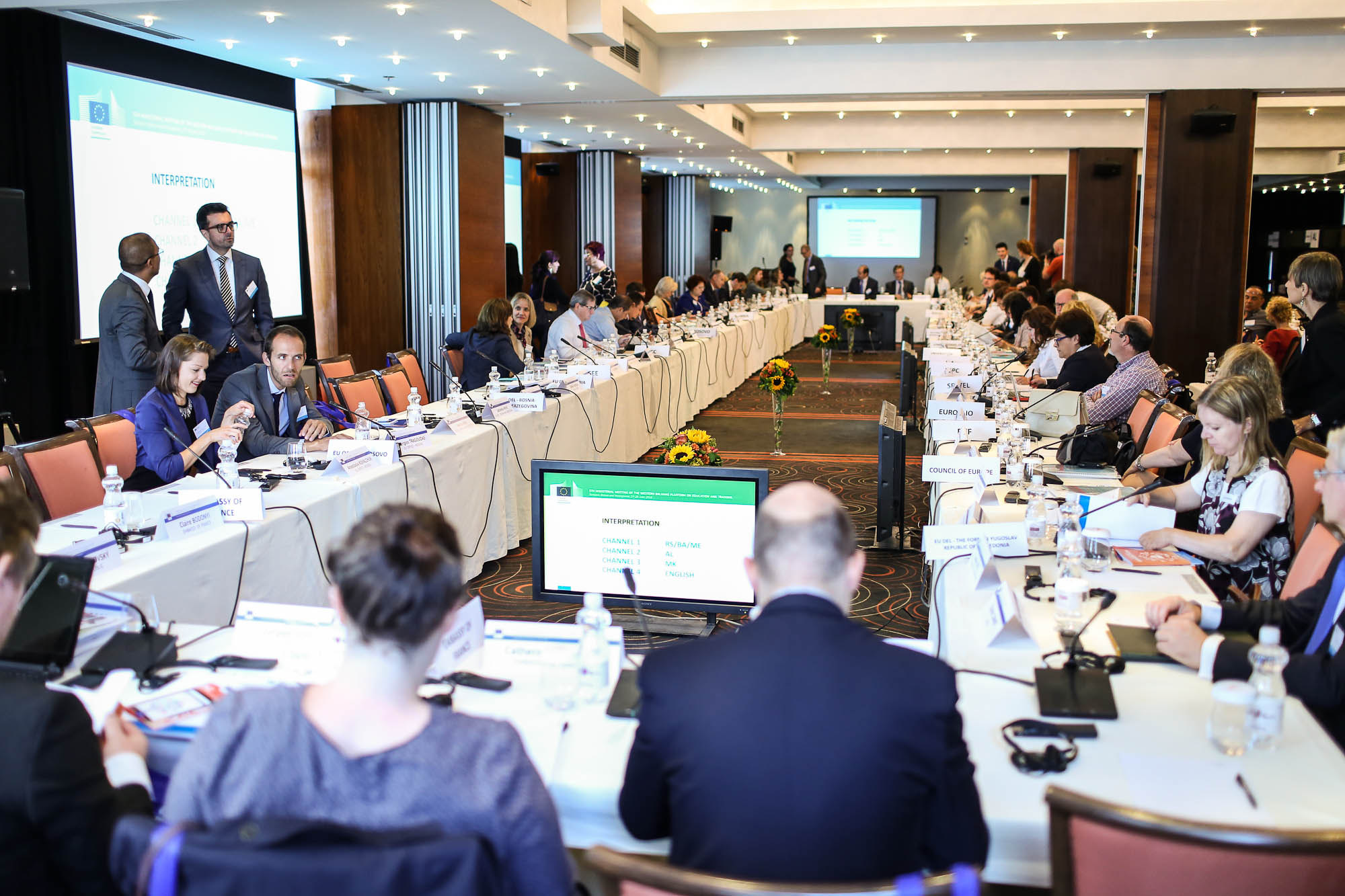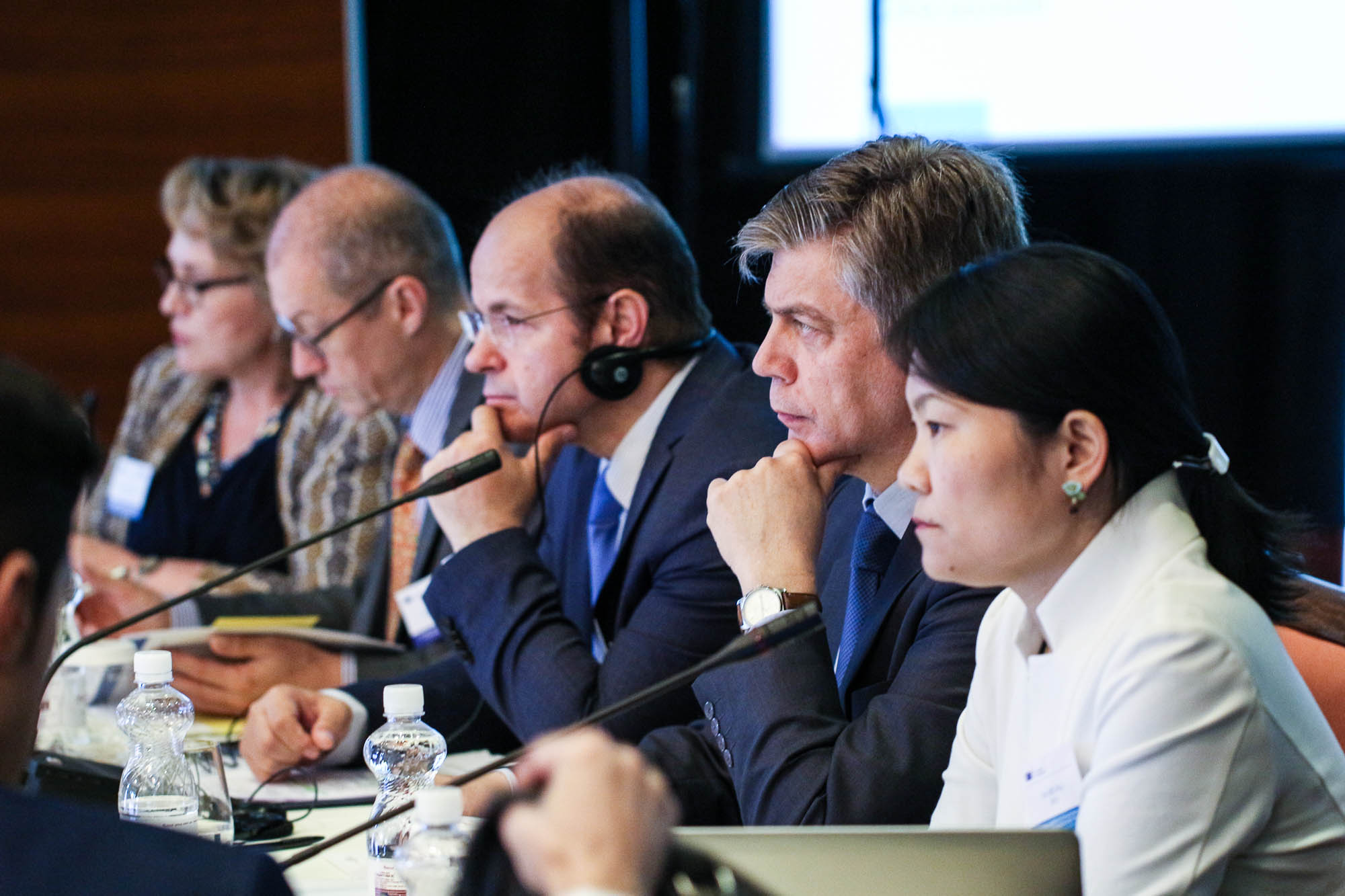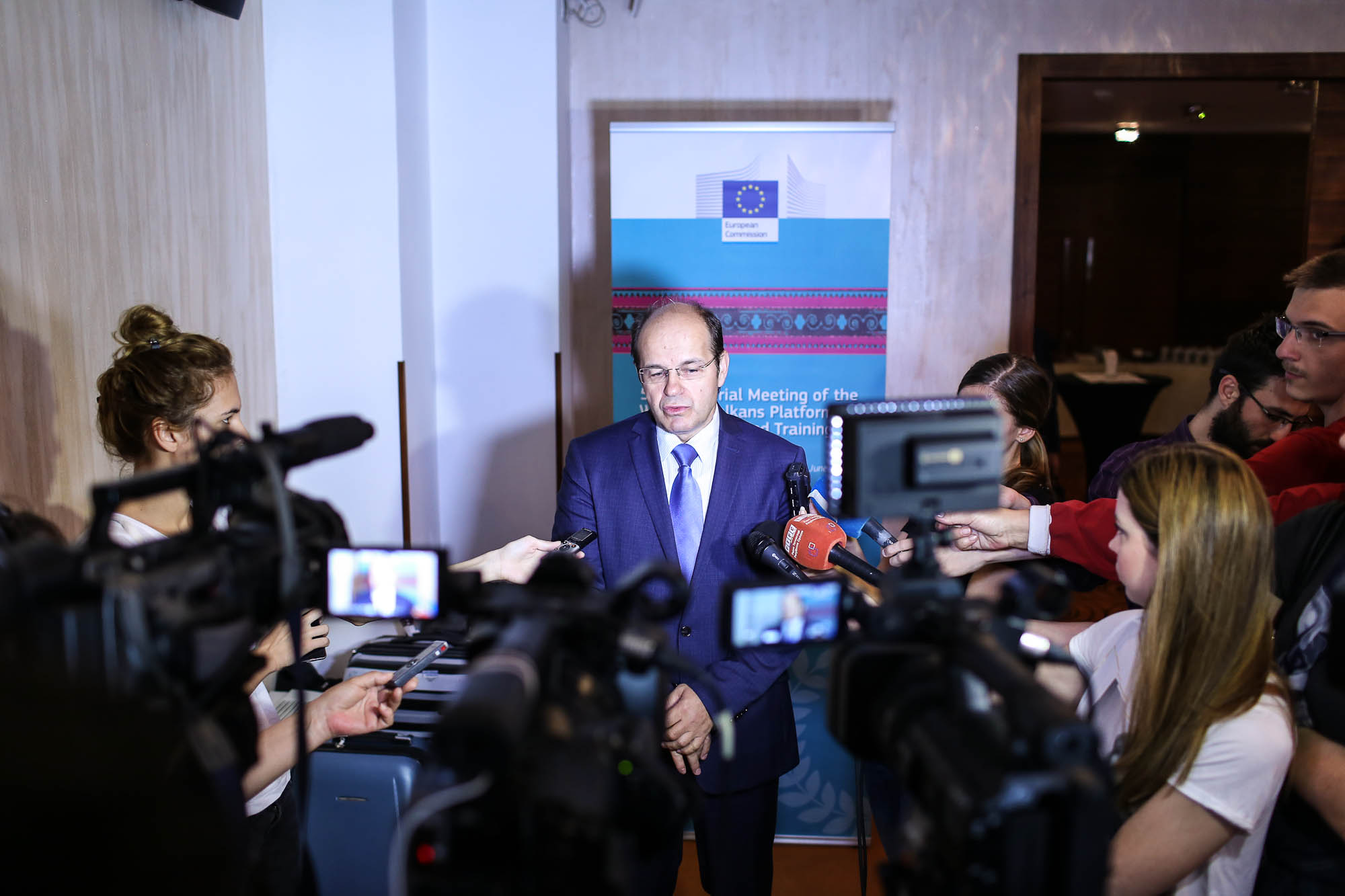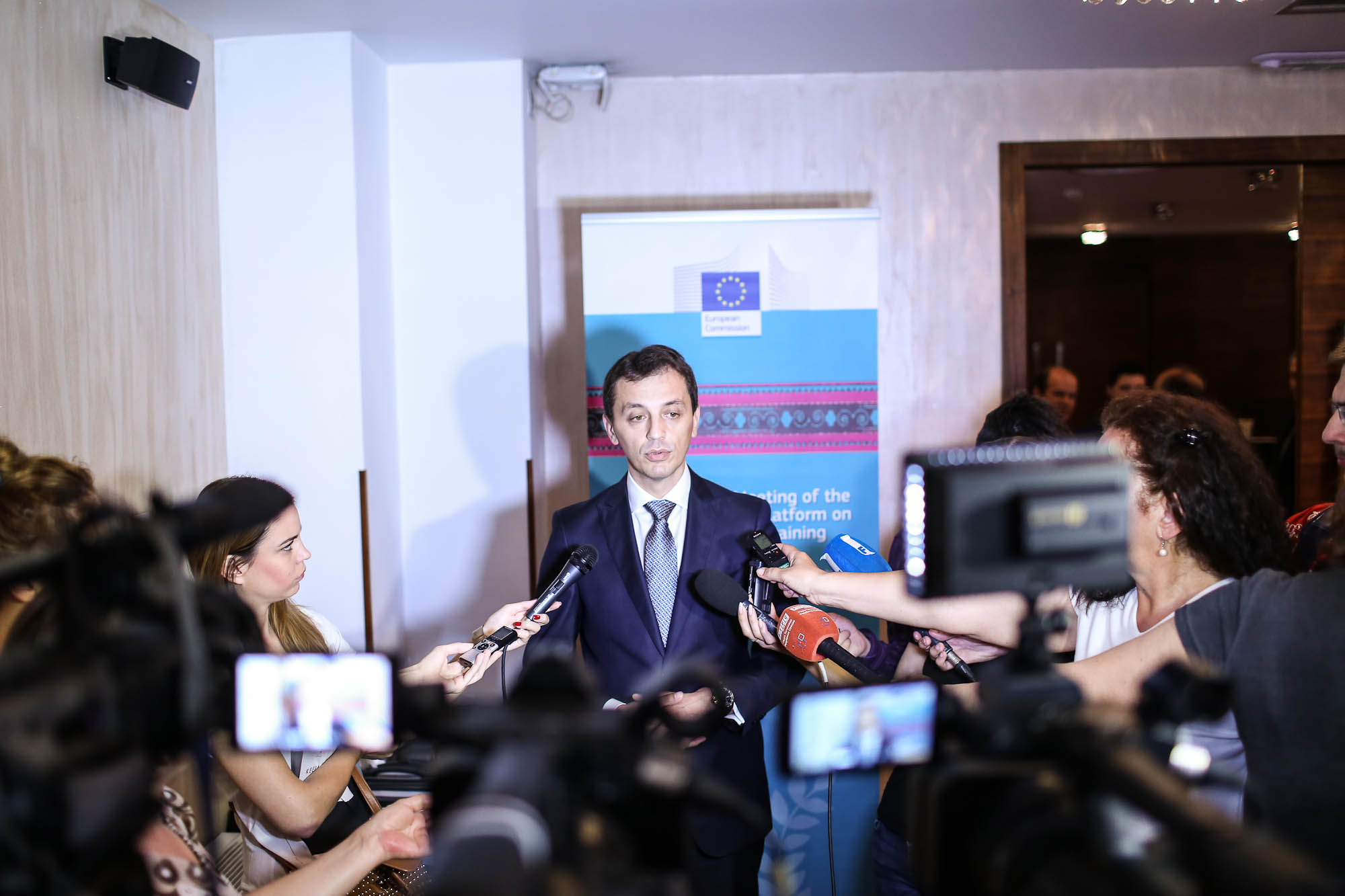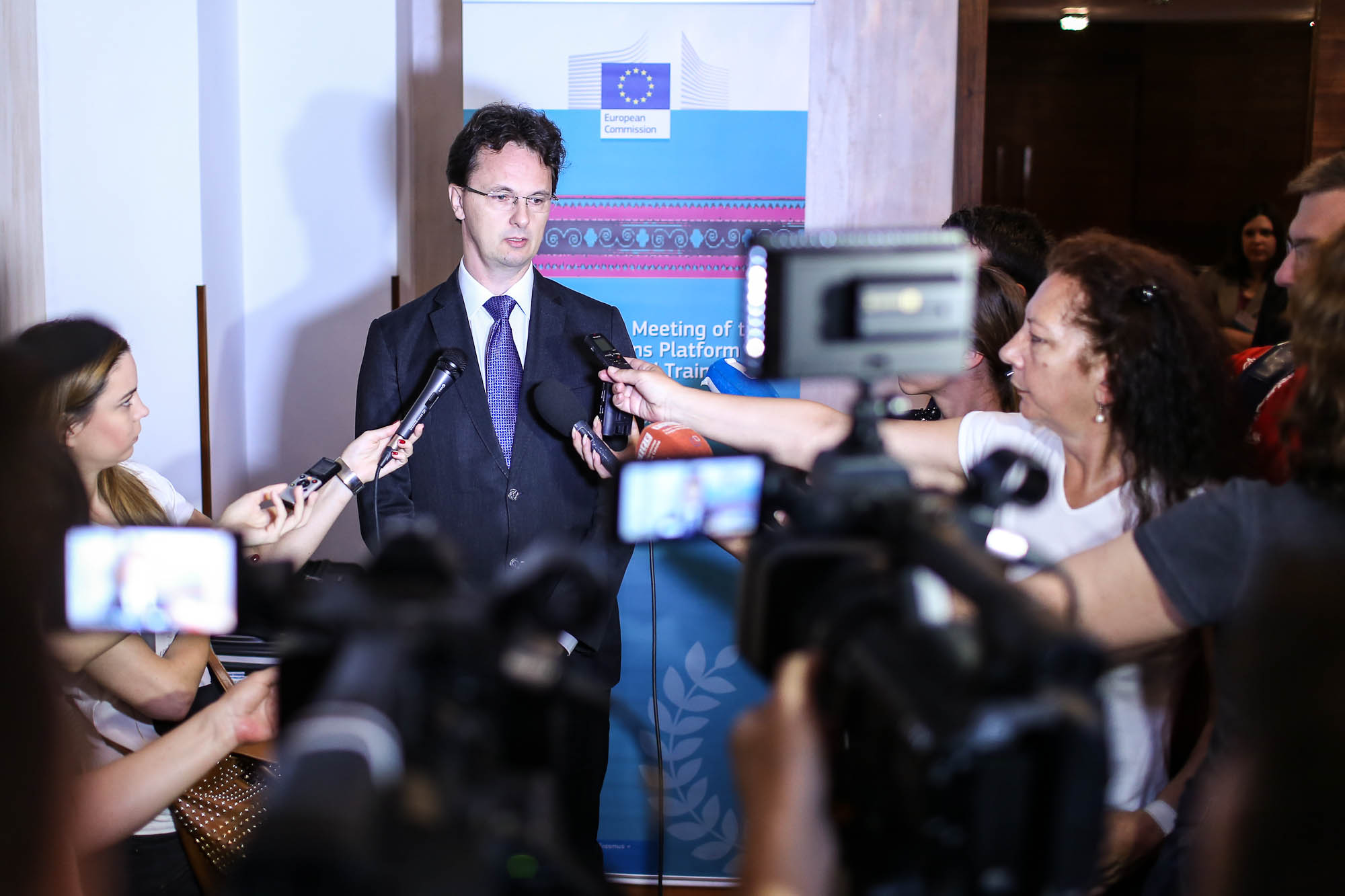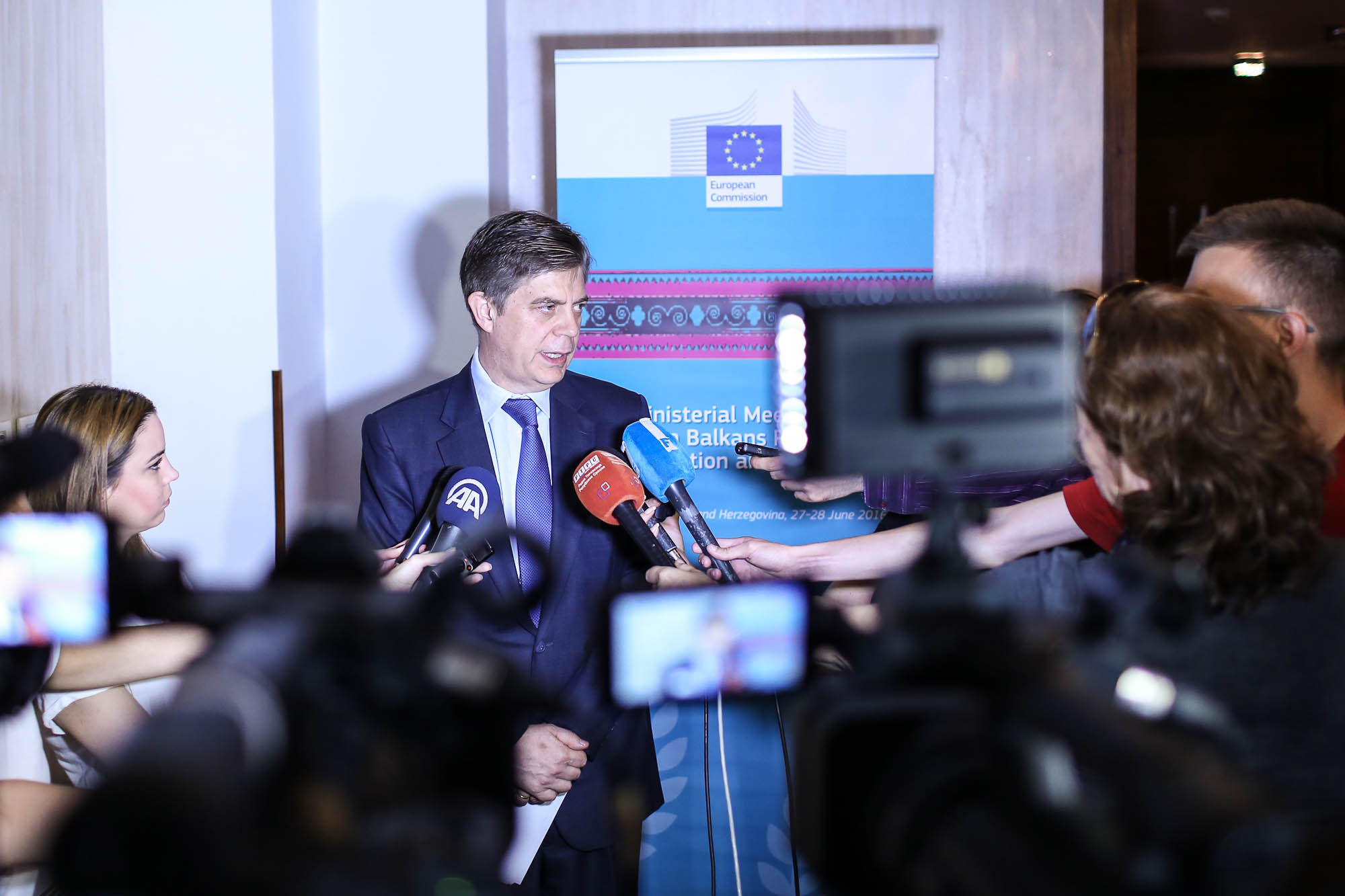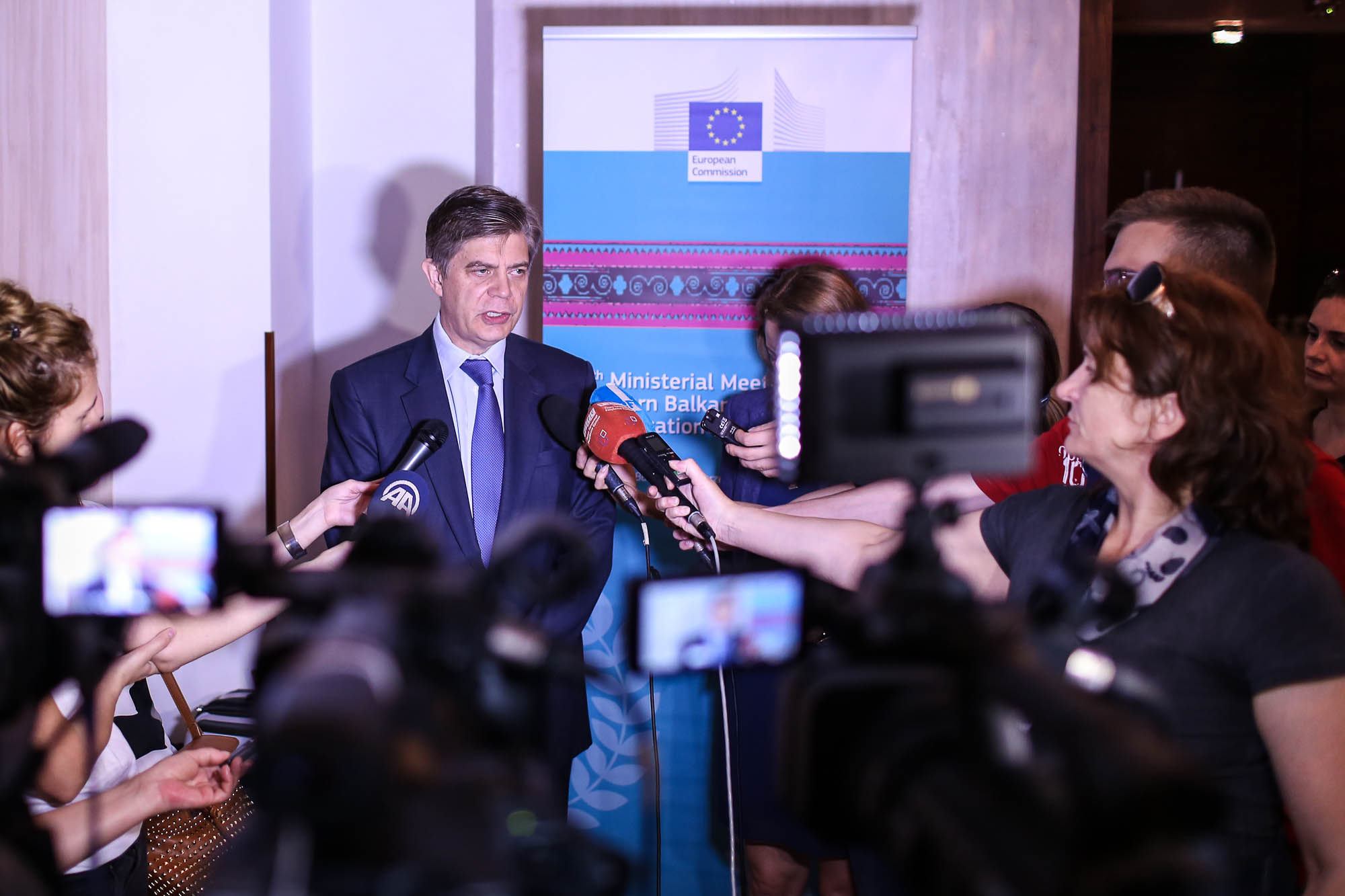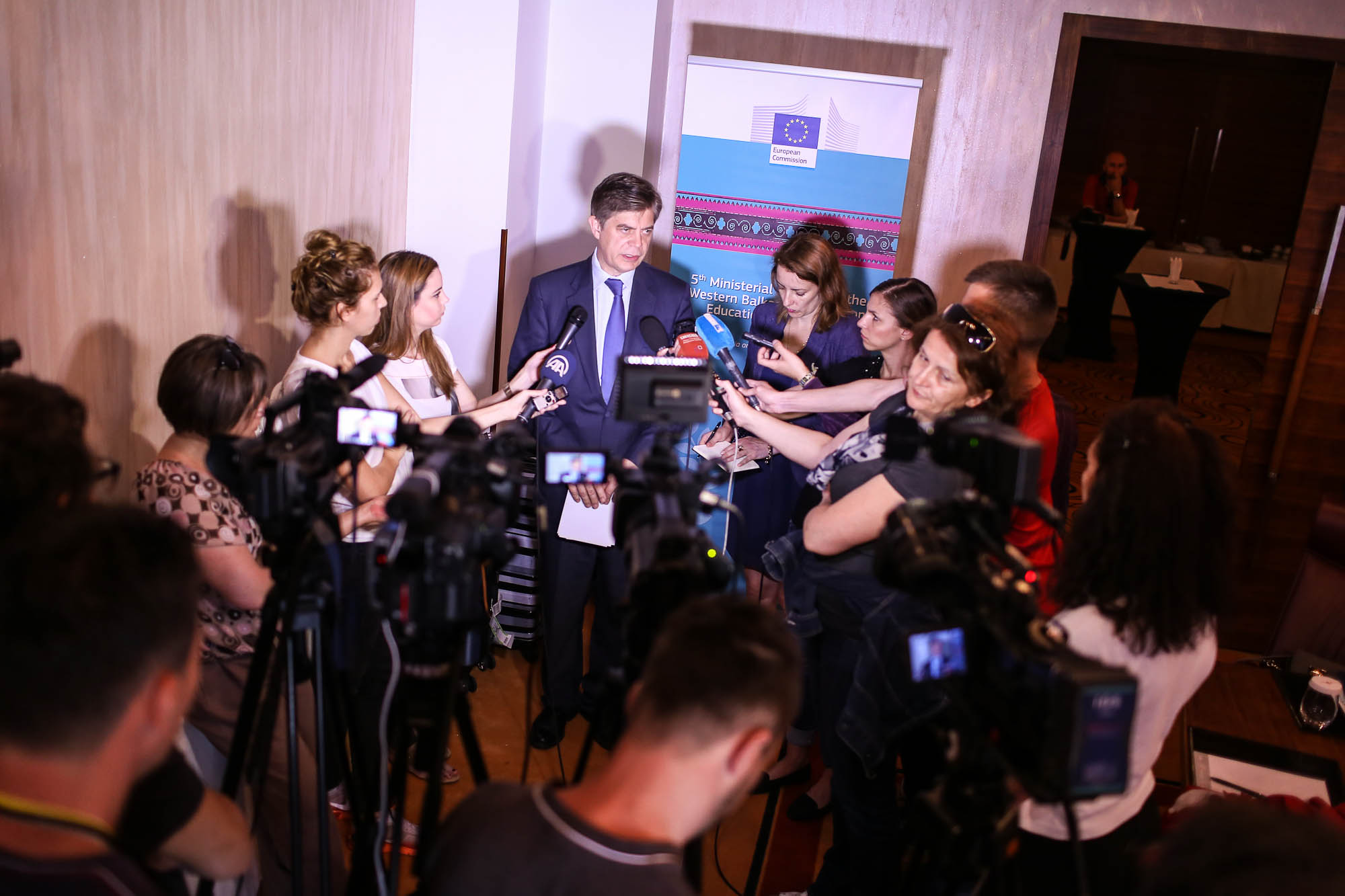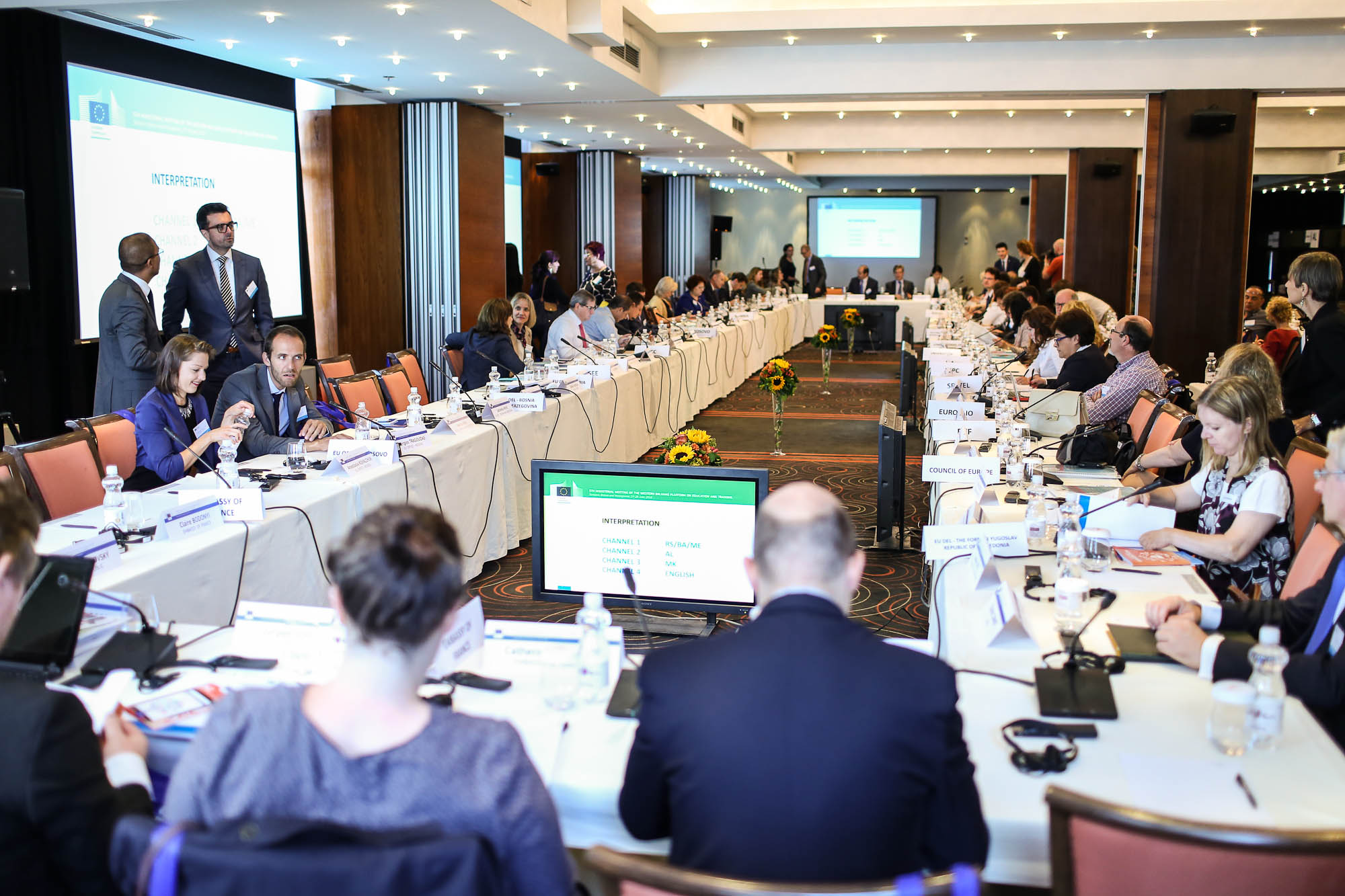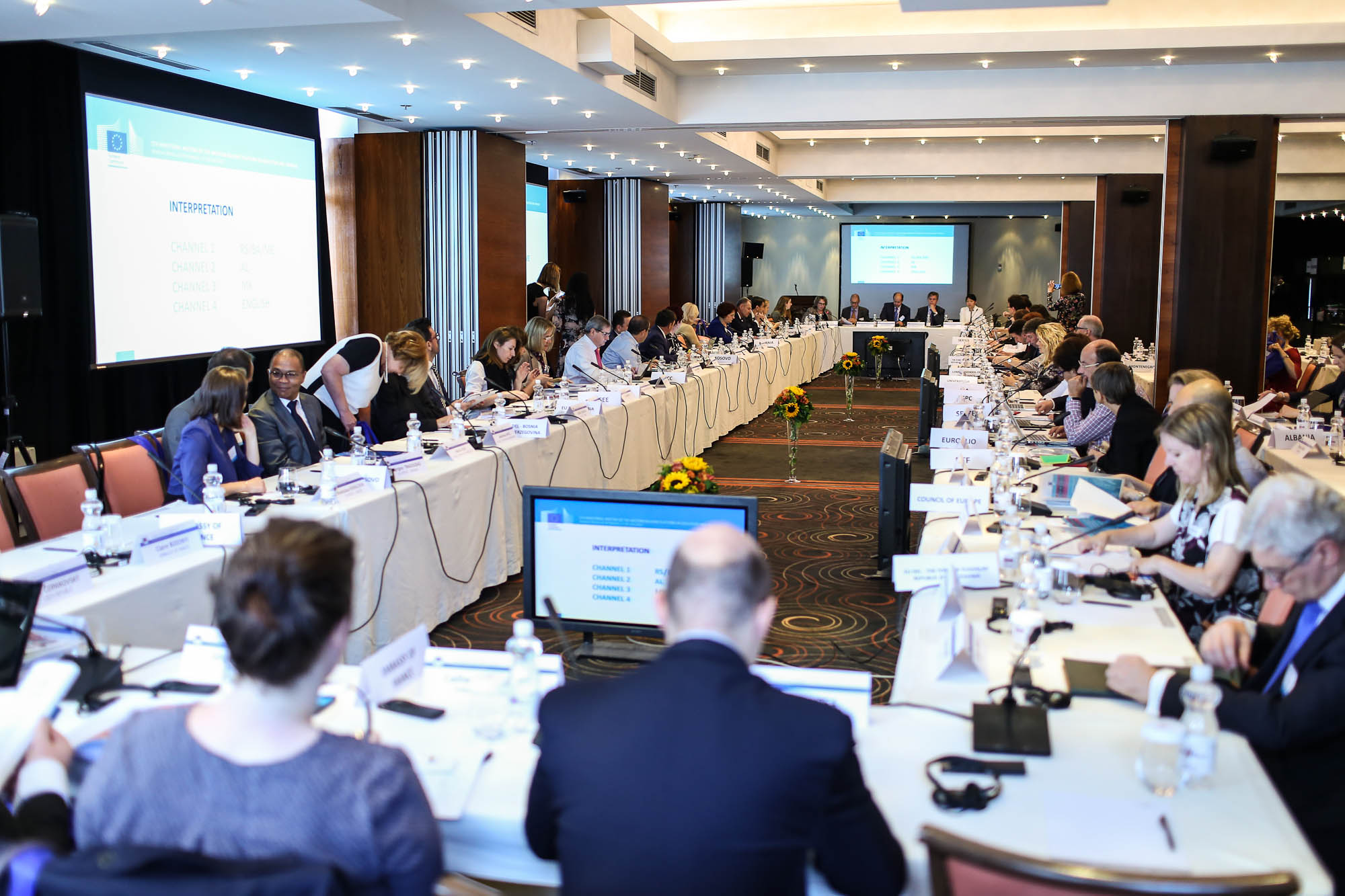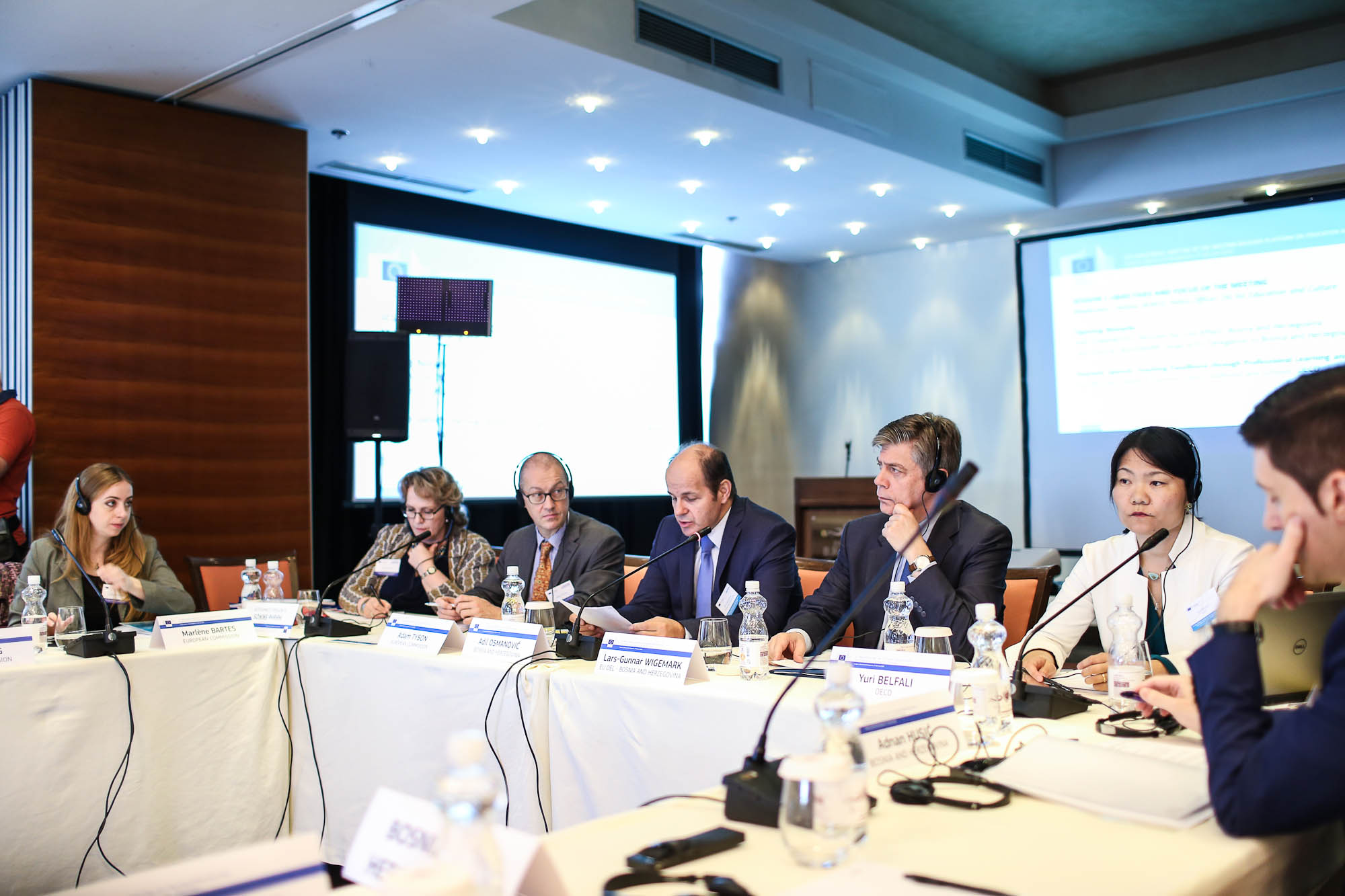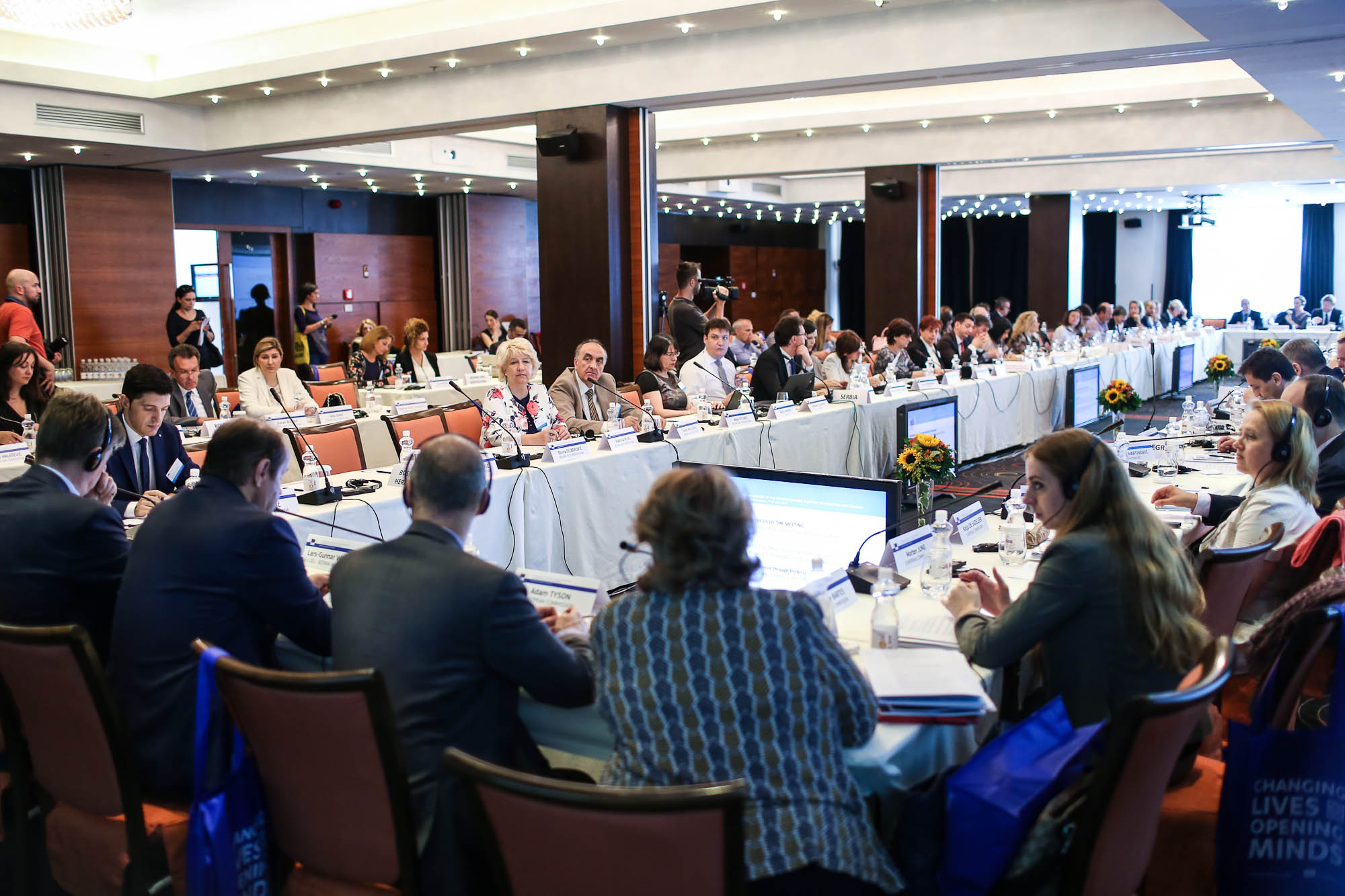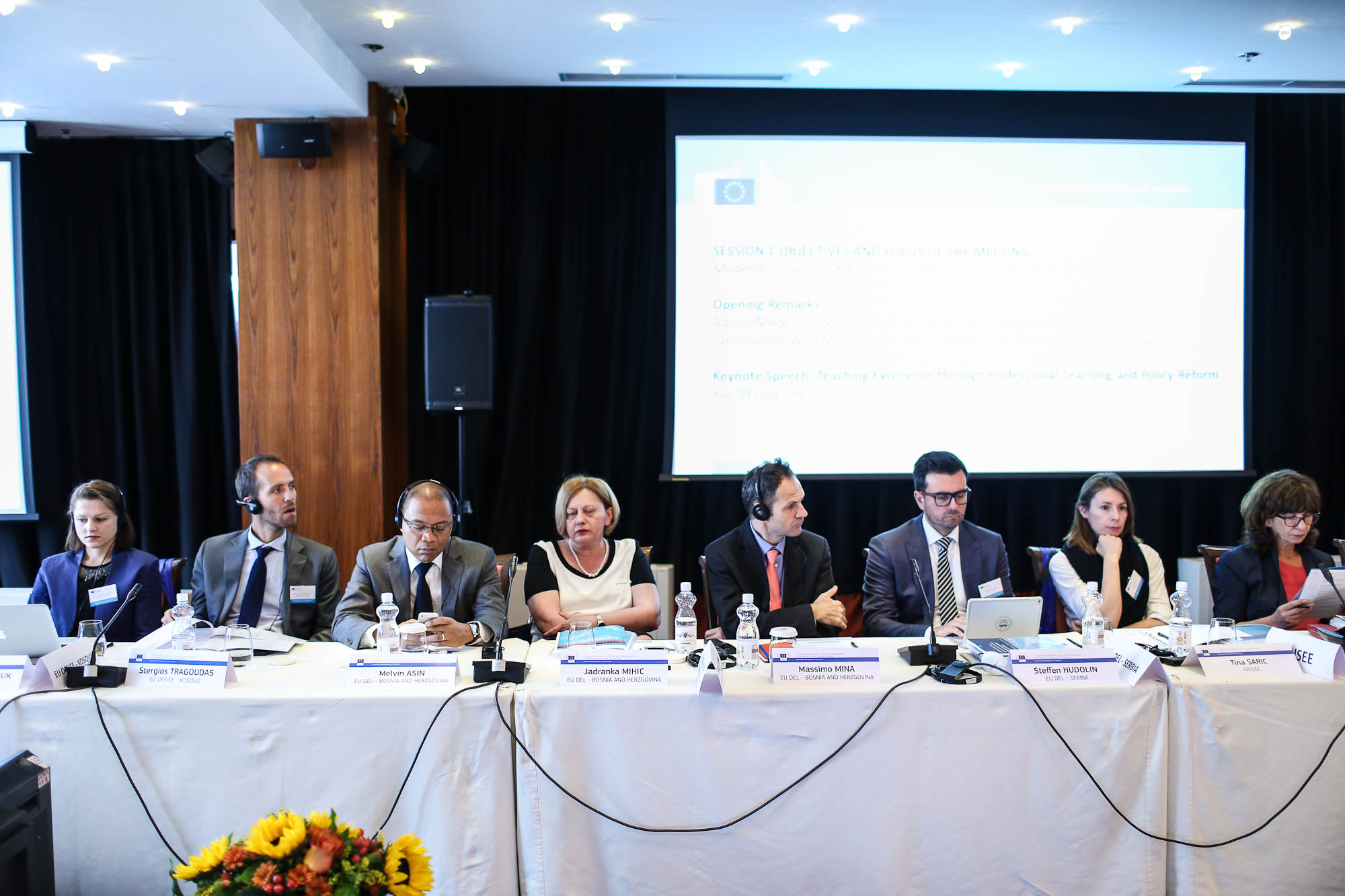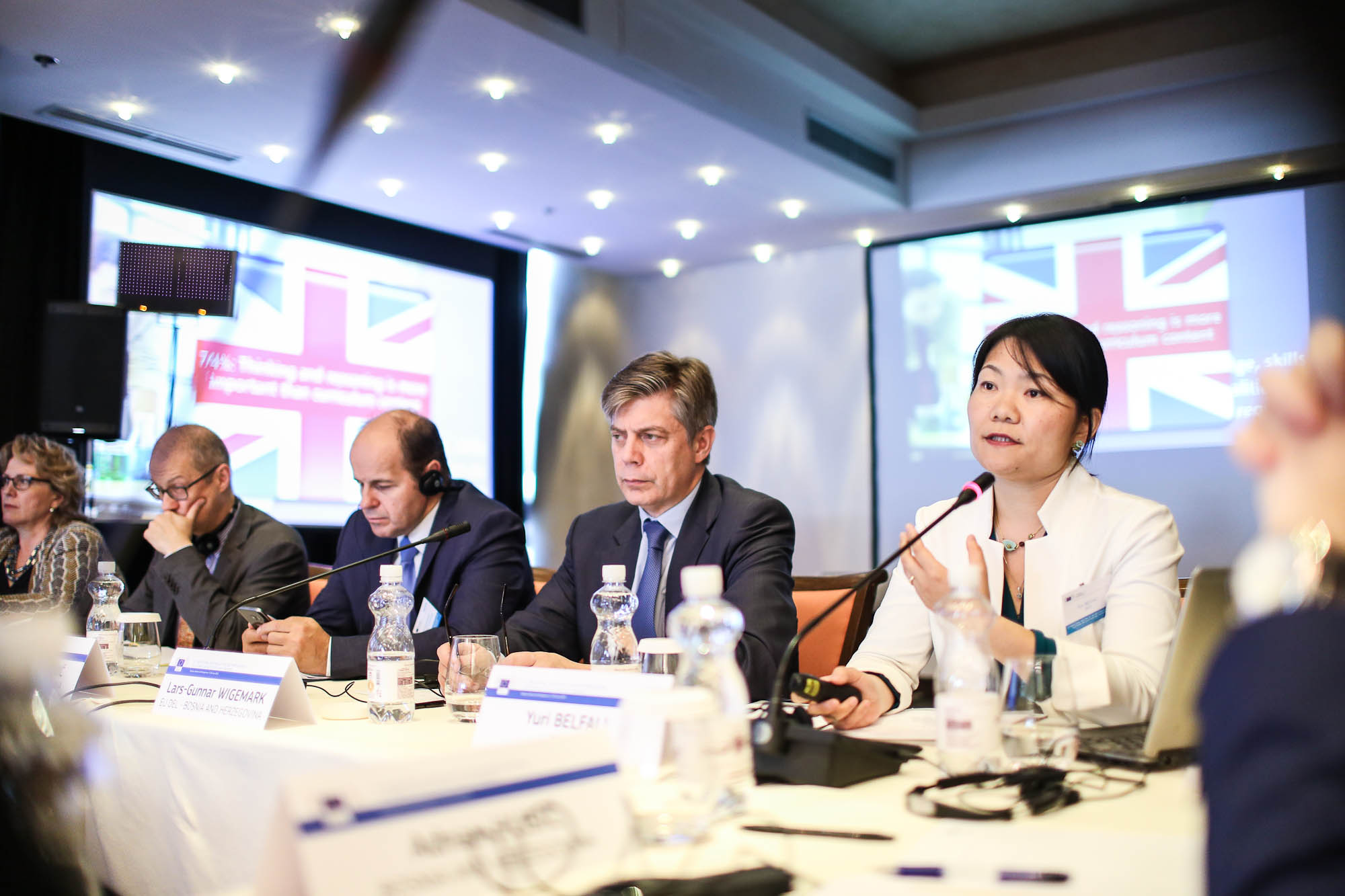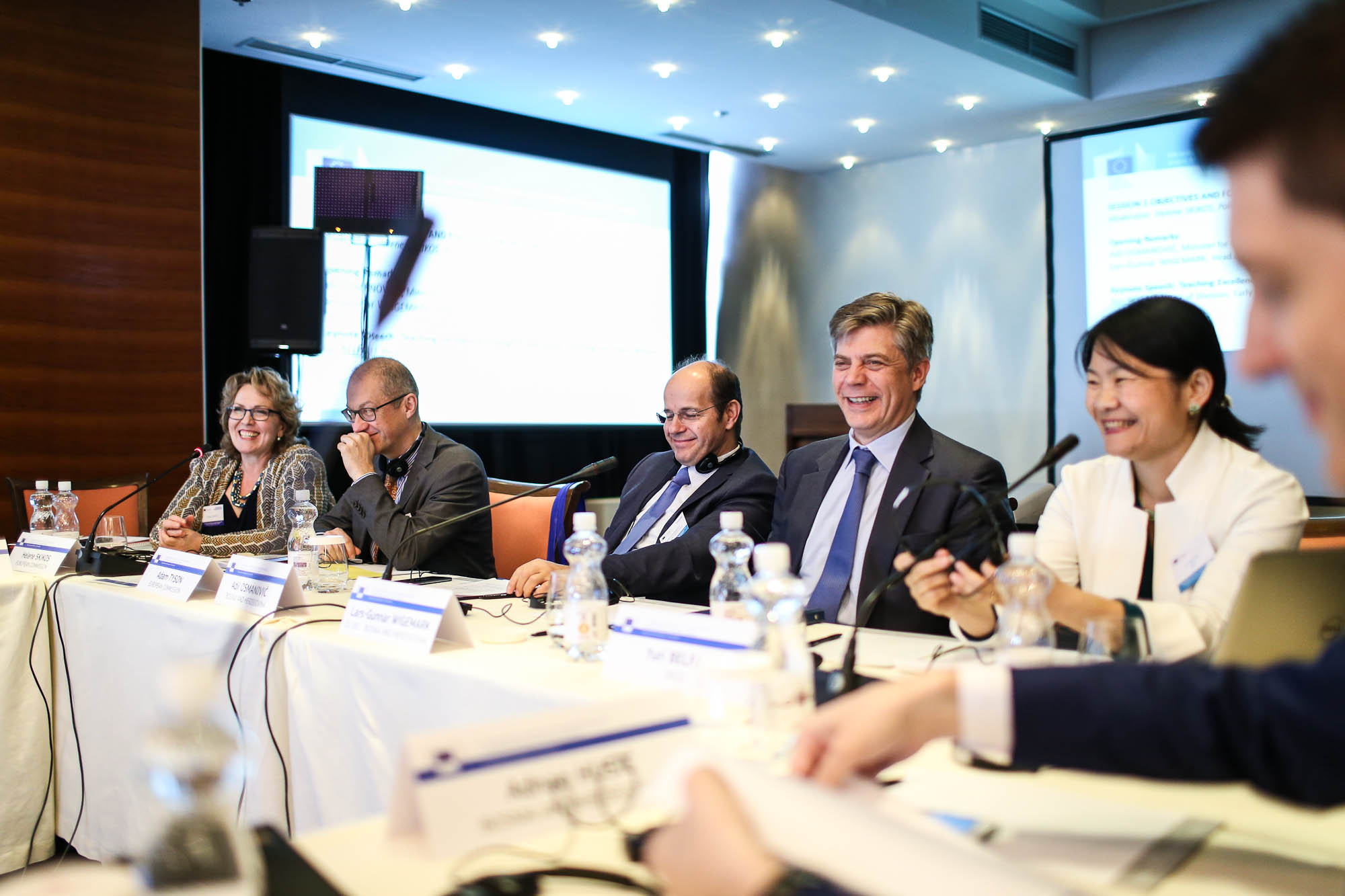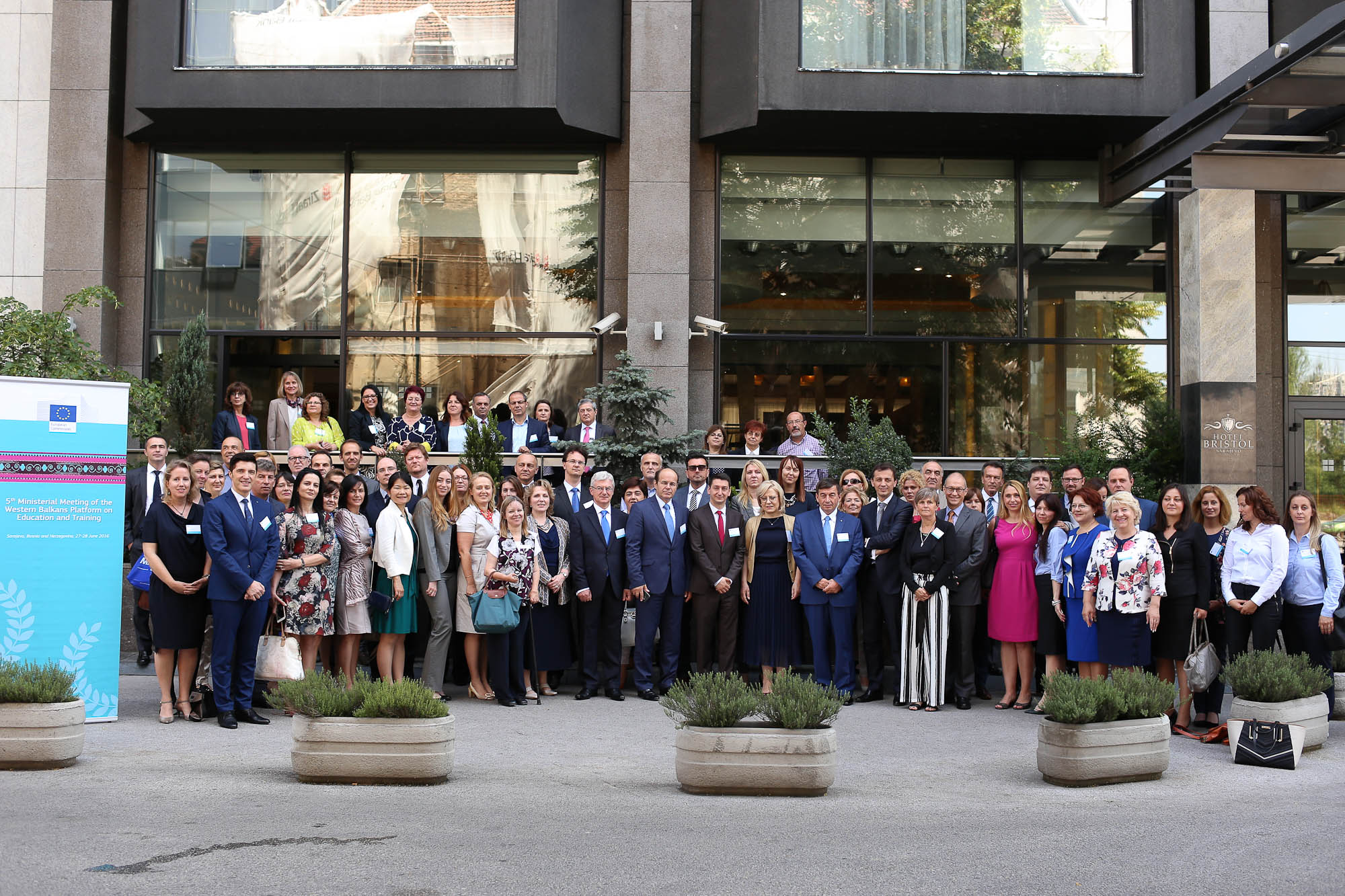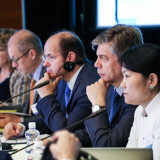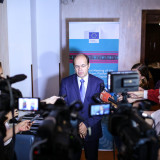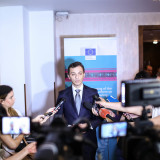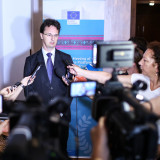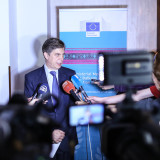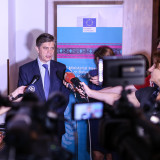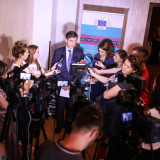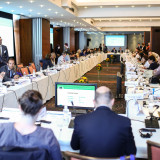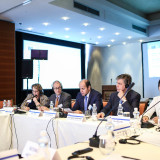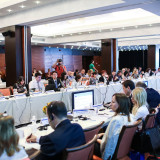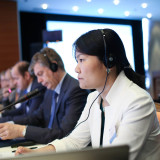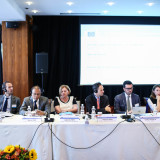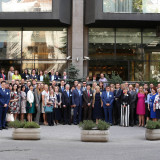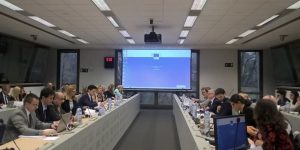A two-day Ministerial Meeting of the Western Balkans Platform on Education and Training started on June 27 in Sarajevo. This regional conference of education ministers is organised by the European Commission’s Directorate-General for Education and Culture (DG EAC) and Directorate-General for Neighbourhood and Enlargement Negotiations (DG NEAR).
Launched in 2012, the EU’s initiative for cooperation in education with Albania, Bosnia and Herzegovina, Croatia, the Former Yugoslav Republic of Macedonia, Kosovo, Montenegro and Serbia has encouraged regional cooperation and communication, exchange of good practices in the region and the EU and pooling of resources. It also provides a follow-up in terms of joint projects, studies and events. This year it will focus on identified priorities, higher education and teacher training.
The Head of the EU Delegation to BiH and EU Special Representative, Ambassador Lars-Gunnar Wigemark stressed that BiH has to invest as much as possible in education of young people because they are future of the country and want quality education which can secure them decent jobs.
“What is more important is that we have good quality education that is equally accessible to all, regardless of their nationality or their background. We can see that the EU countries that have been able to cope with high unemployment rates are precisely those countries that have good quality education”, Wigemark concluded.
The Minister of Civil Affairs of Bosnia and Herzegovina Adil Osmanovic said that the conference is an opportunity to exchange experiences with the countries in the region, to present their intentions and find out what BiH can do to link the education with the labour market.
“Since nowadays we are witnessing evolving technological improvements, therefore we need to harmonise the education and labour market. Unfortunately in BiH we still lack a developed policy in this regard and still have admission policies resulting in many students graduating in the fields that are not in demand on the labour market’’, Minister Osmanovic concluded.
On the second day of the Conference, the European Commission presented the findings of the mapping study on higher education provisions and labour market needs in the Western Balkans entitled ‘From University to Employment’.
The conference was attended by representatives of the Directorate-General for Employment, Social Affairs and Inclusion (DG EMPL), regional ministers of employment, representatives of EU Member States and International Organisations.
The European Union has funded the participation of Bosnia and Herzegovina to programmes for education with around 16 million euro and employment with 7,5 million euro from IPA funds. The assistance contributed to the development of legislative and strategic/policy framework at the state level, establishment of institutions (agencies) at the state level responsible for quality assurance in education, and modernisation of curricula, primarily in the fields of general education and vocational education and training.
More info on the Western Balkans Platform on Education and Training available at: http://ec.europa.eu/education/international-cooperation/western-balkans_en.htm

